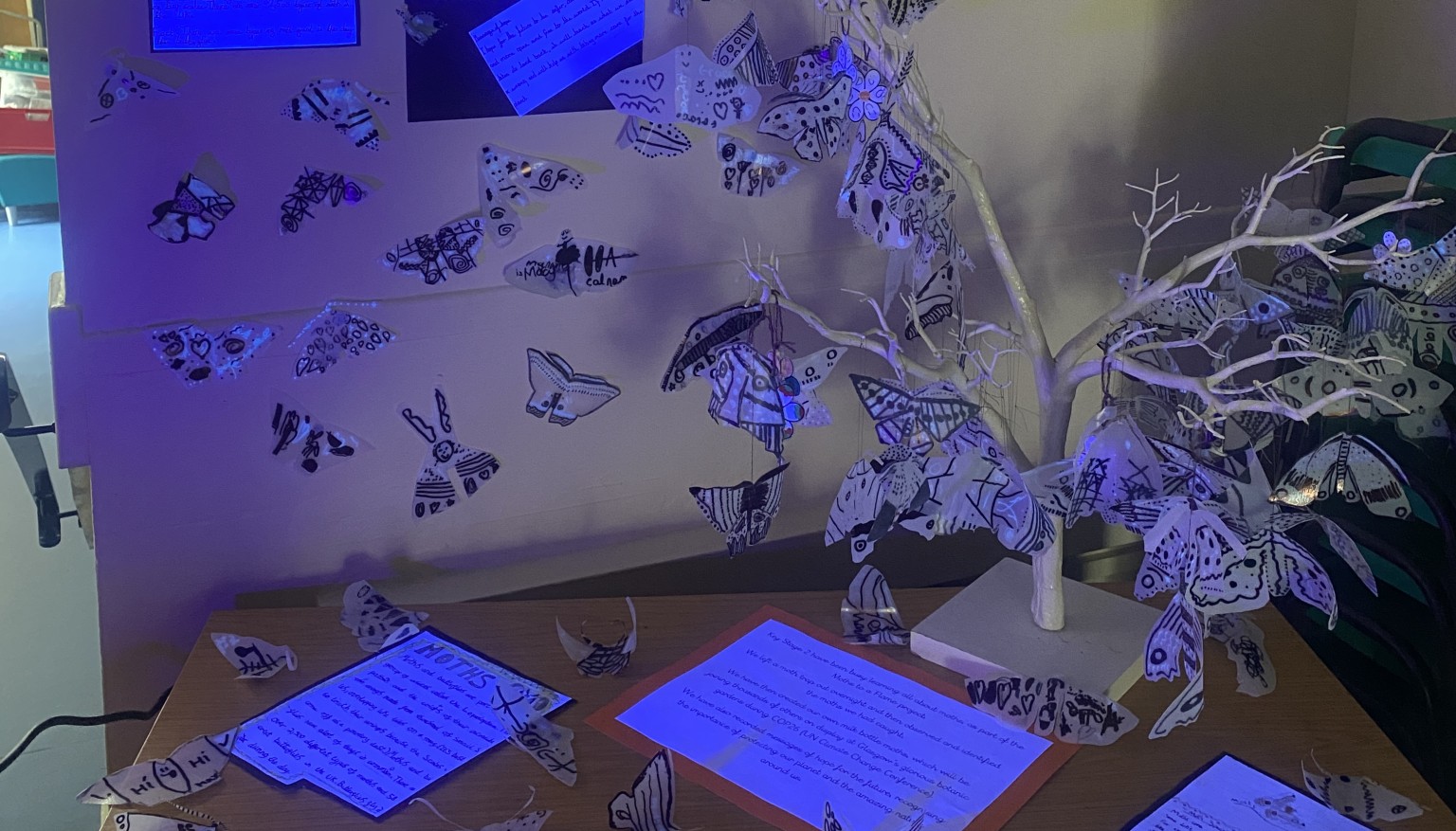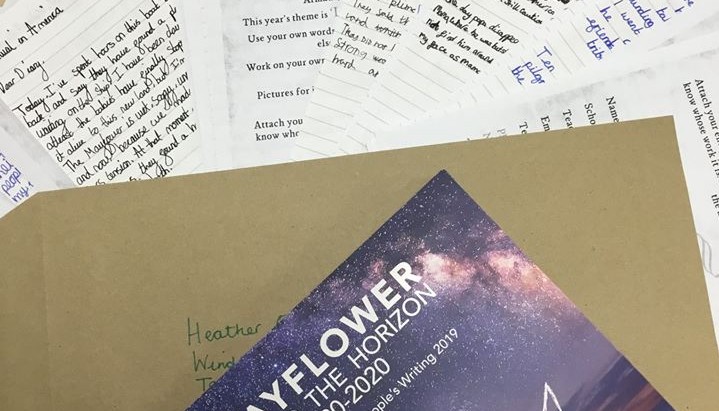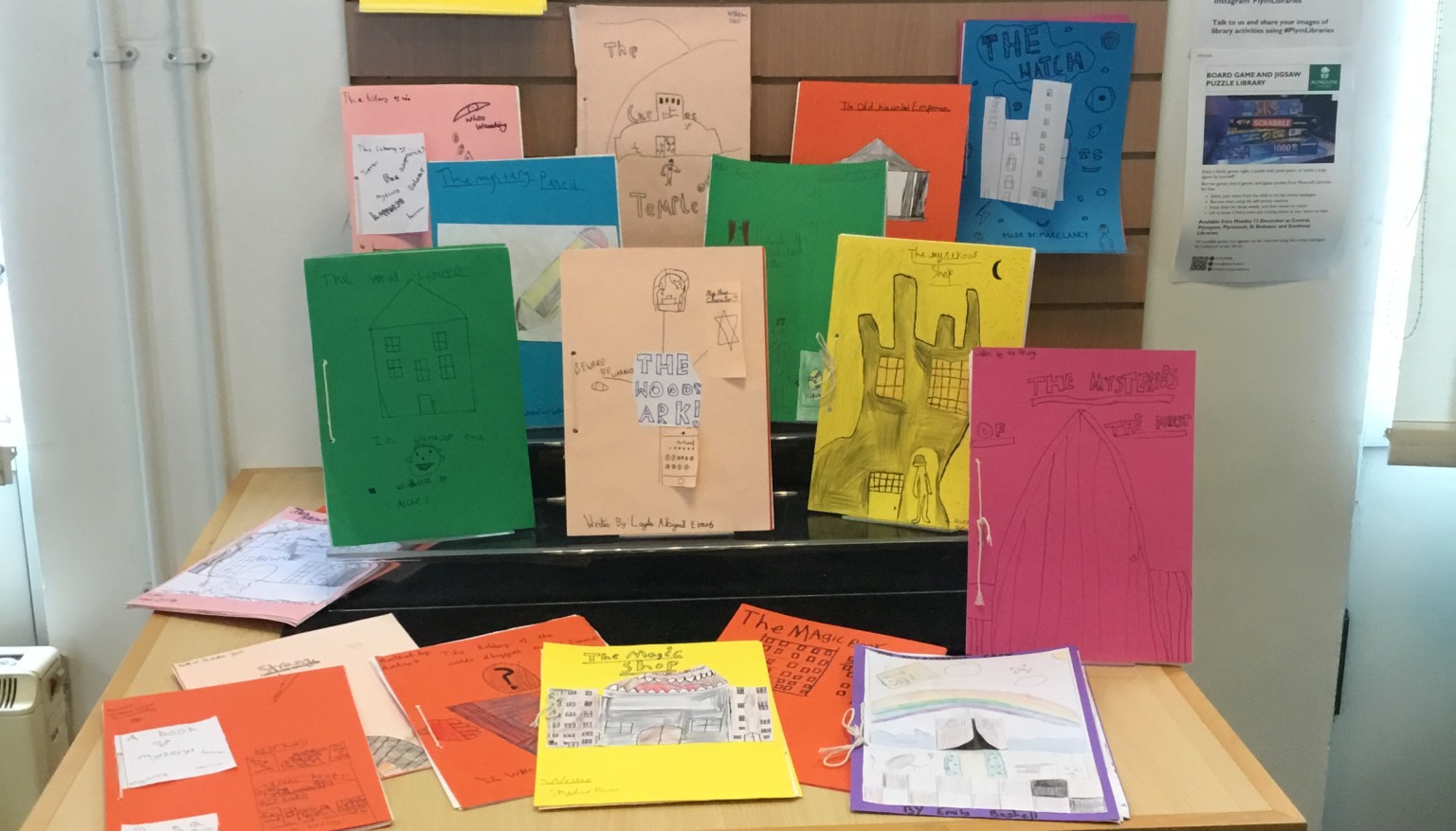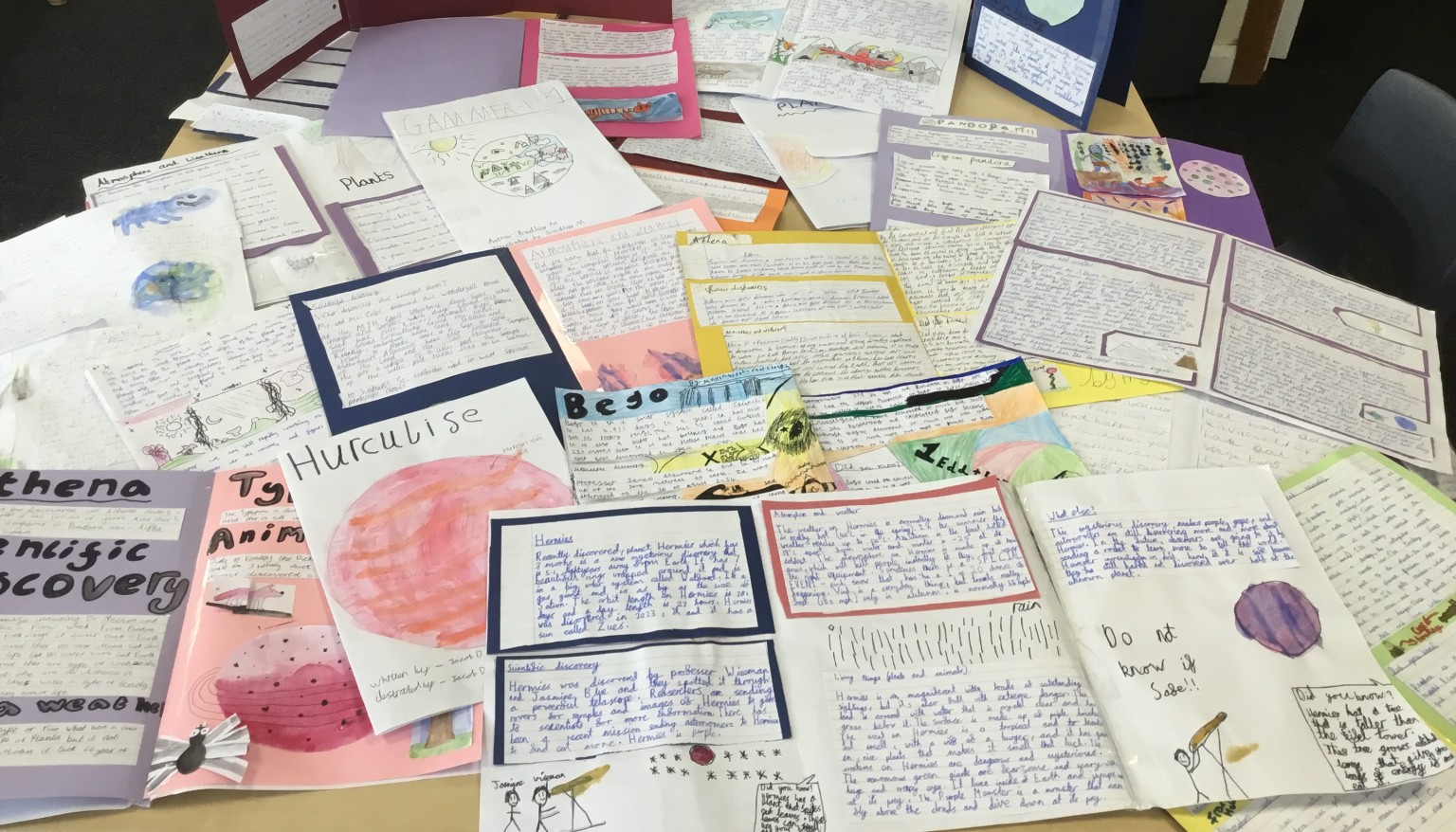This website uses Google Translate
You cannot use this feature without first accepting 3rd Party Cookies.
This website uses Google Translate
You cannot use this feature without first accepting 3rd Party Cookies.
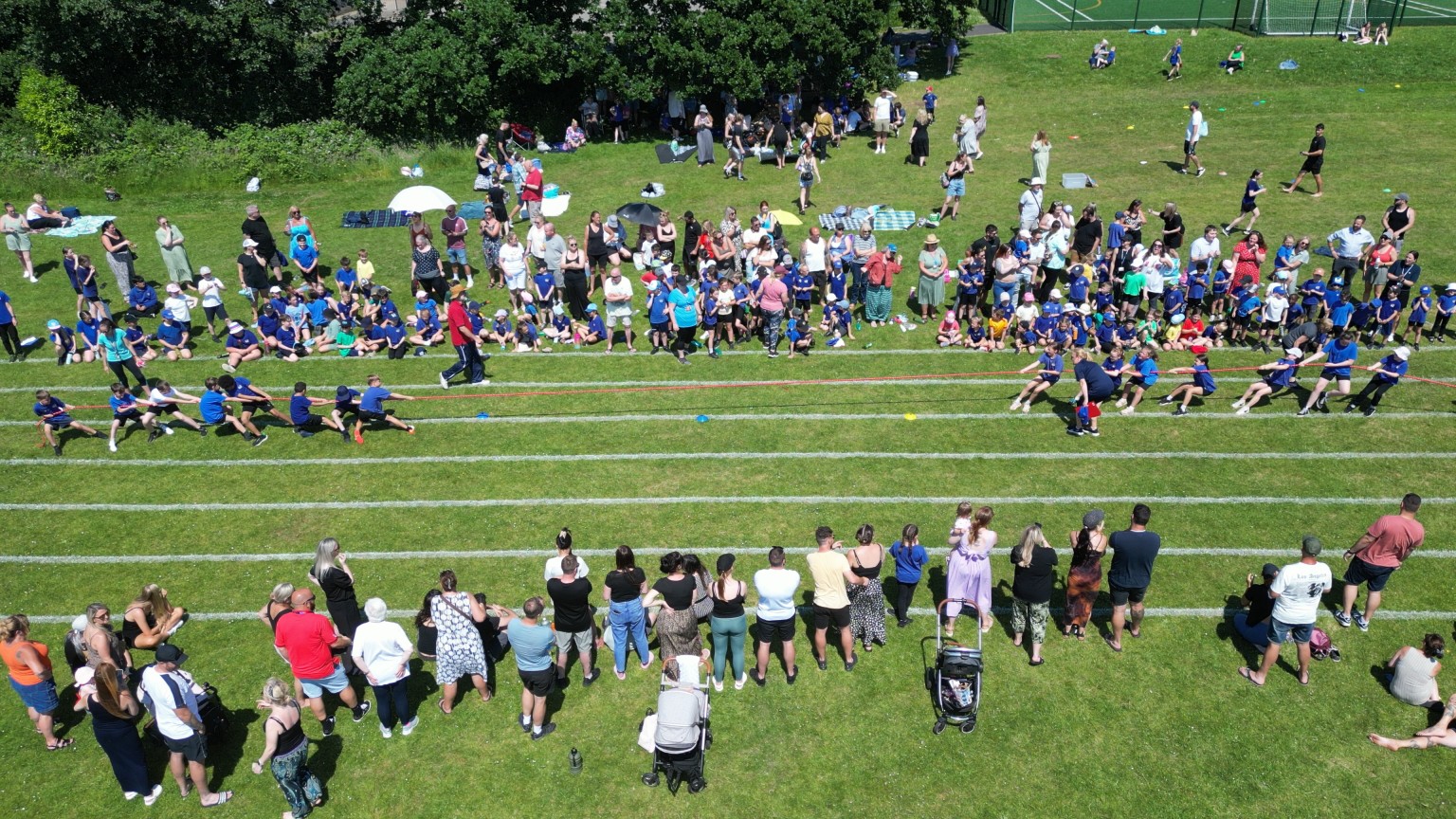
You cannot use this feature without first accepting 3rd Party Cookies.
You cannot use this feature without first accepting 3rd Party Cookies.
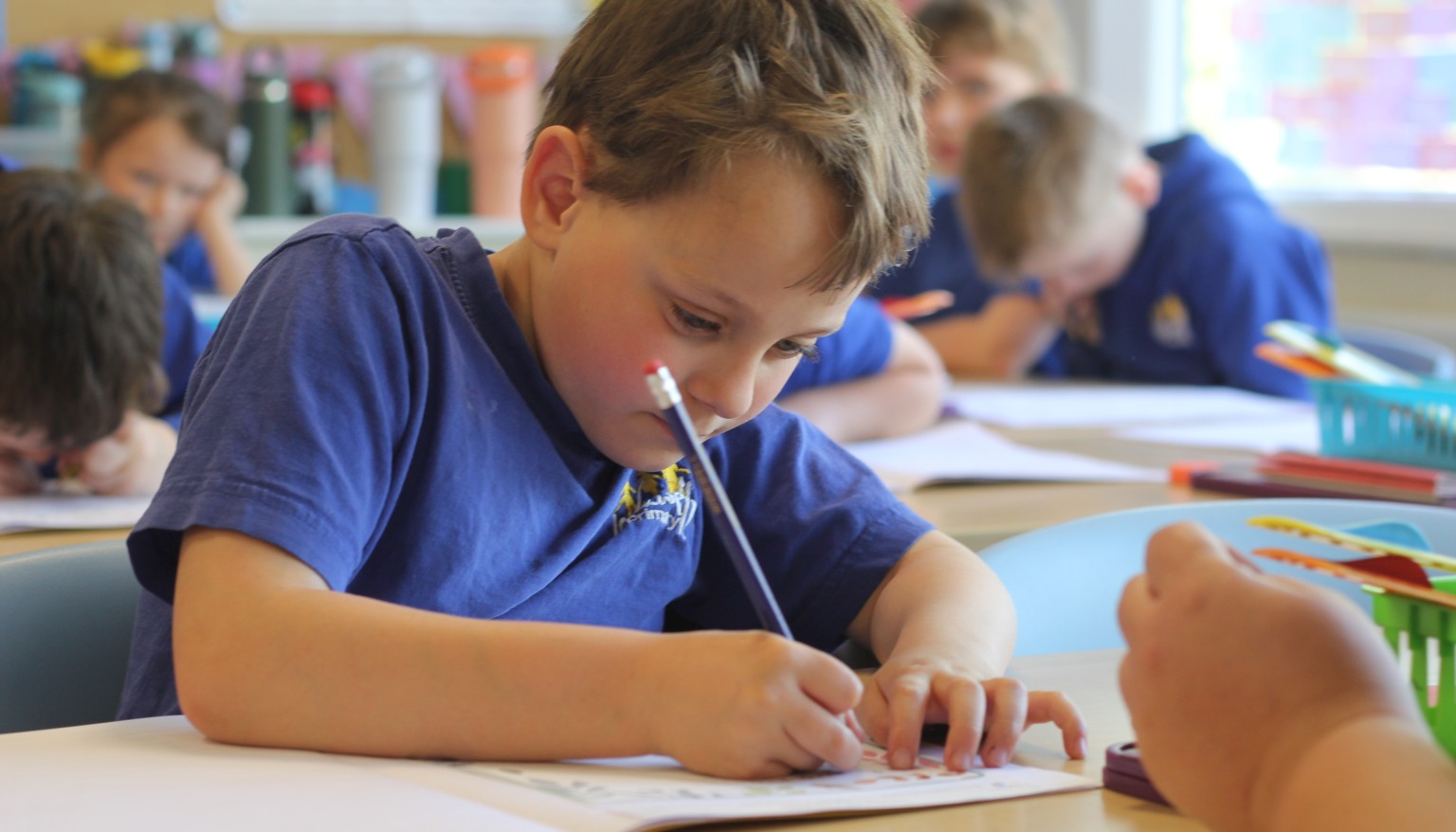
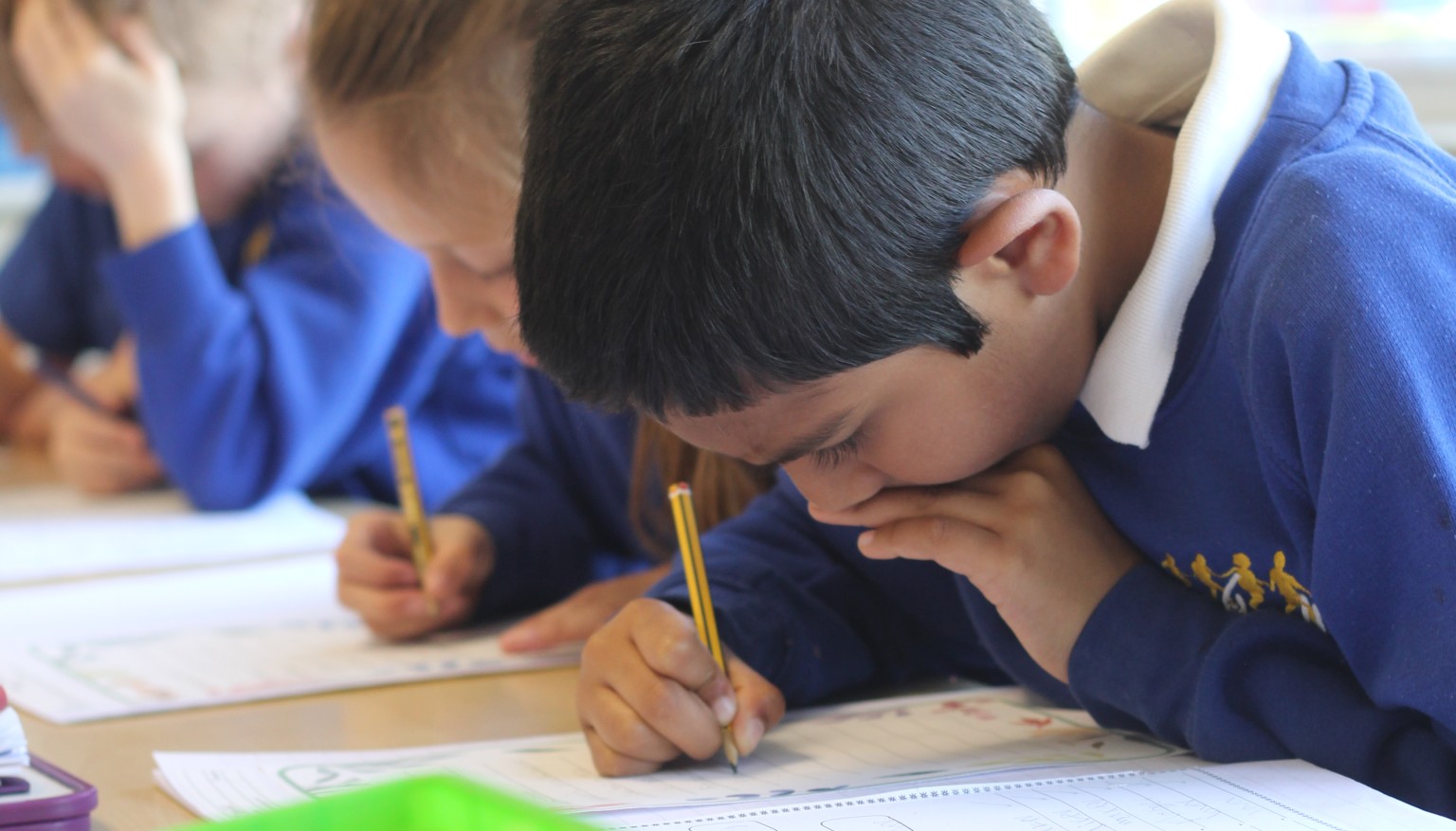
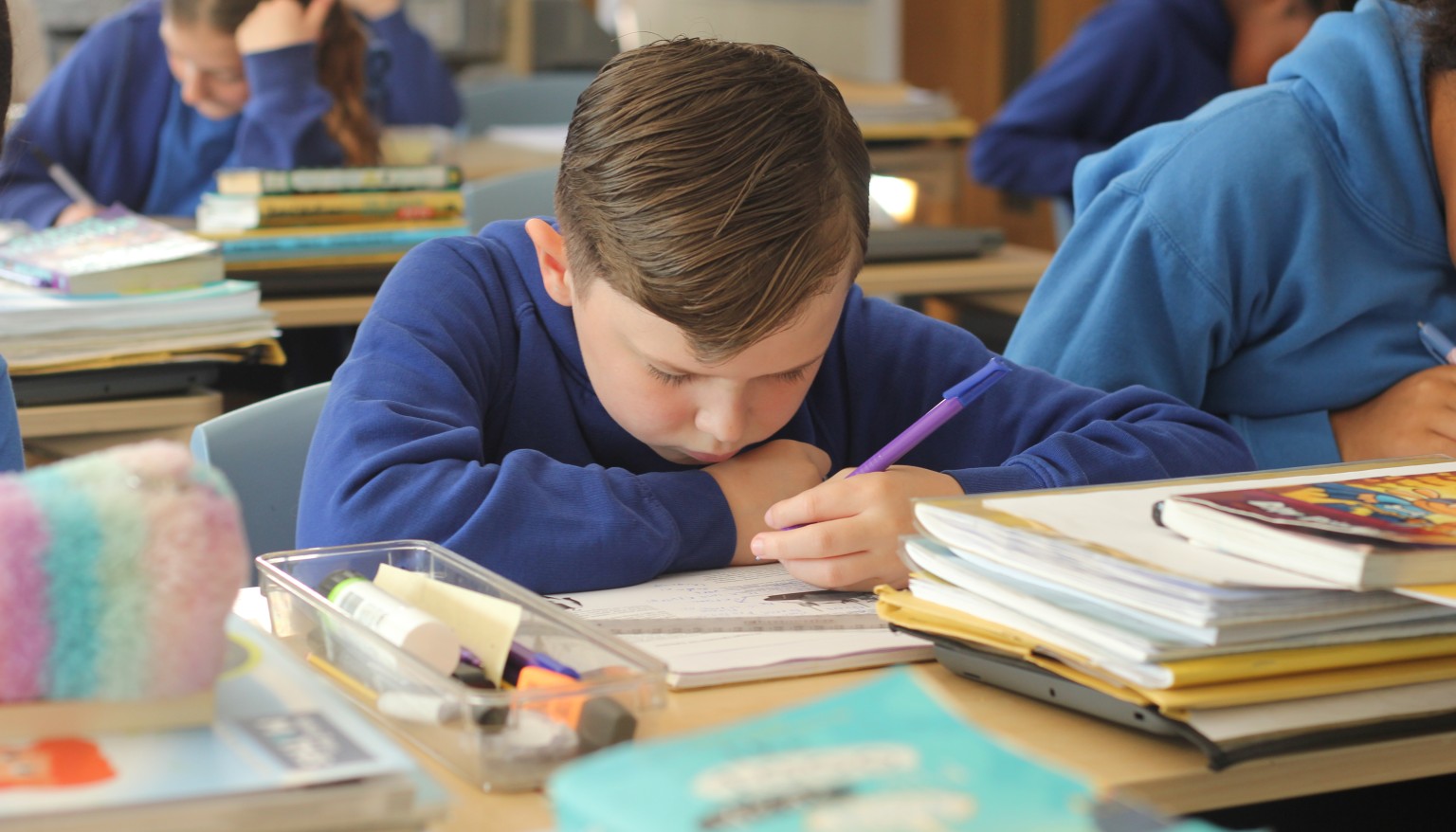
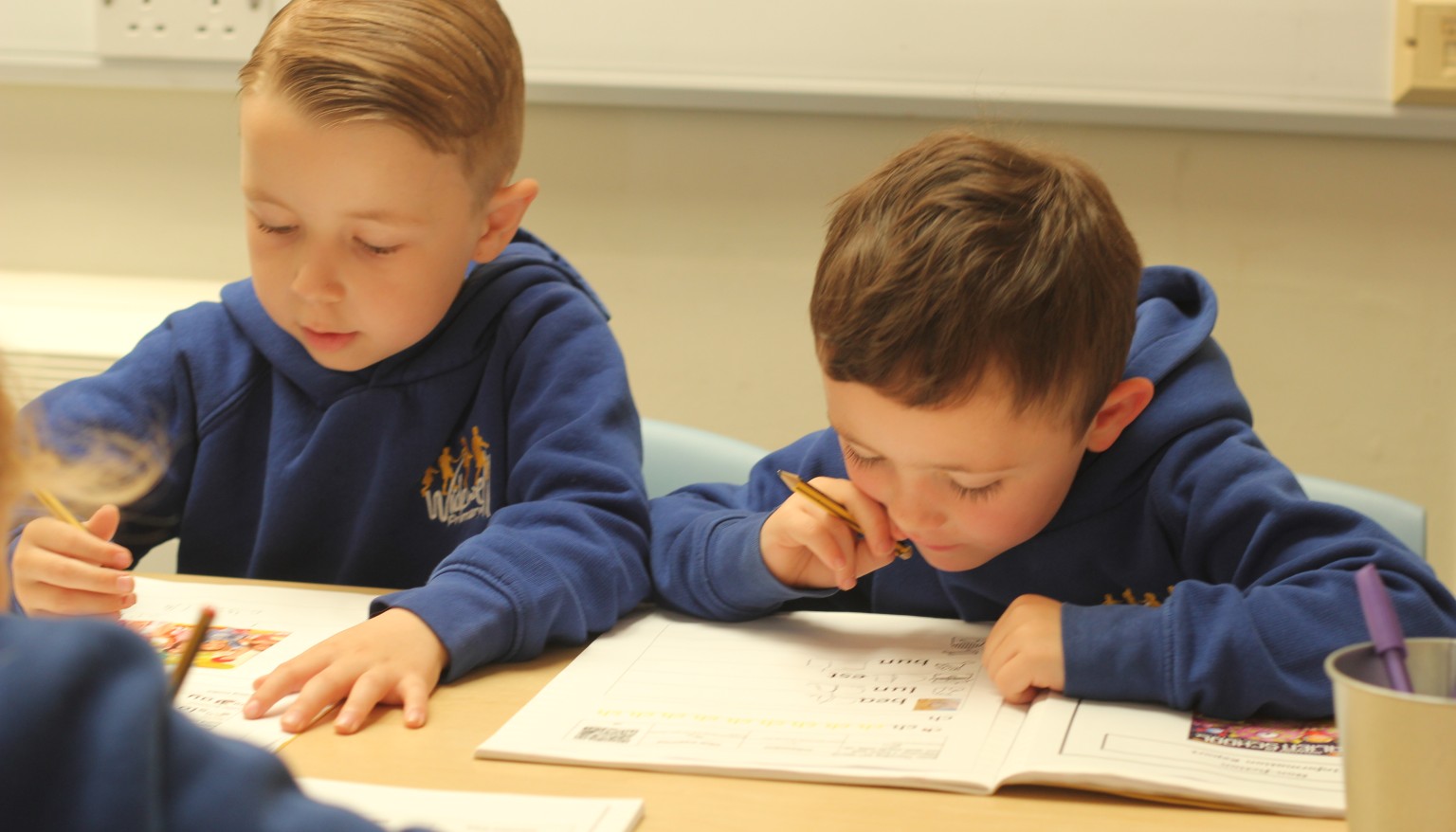
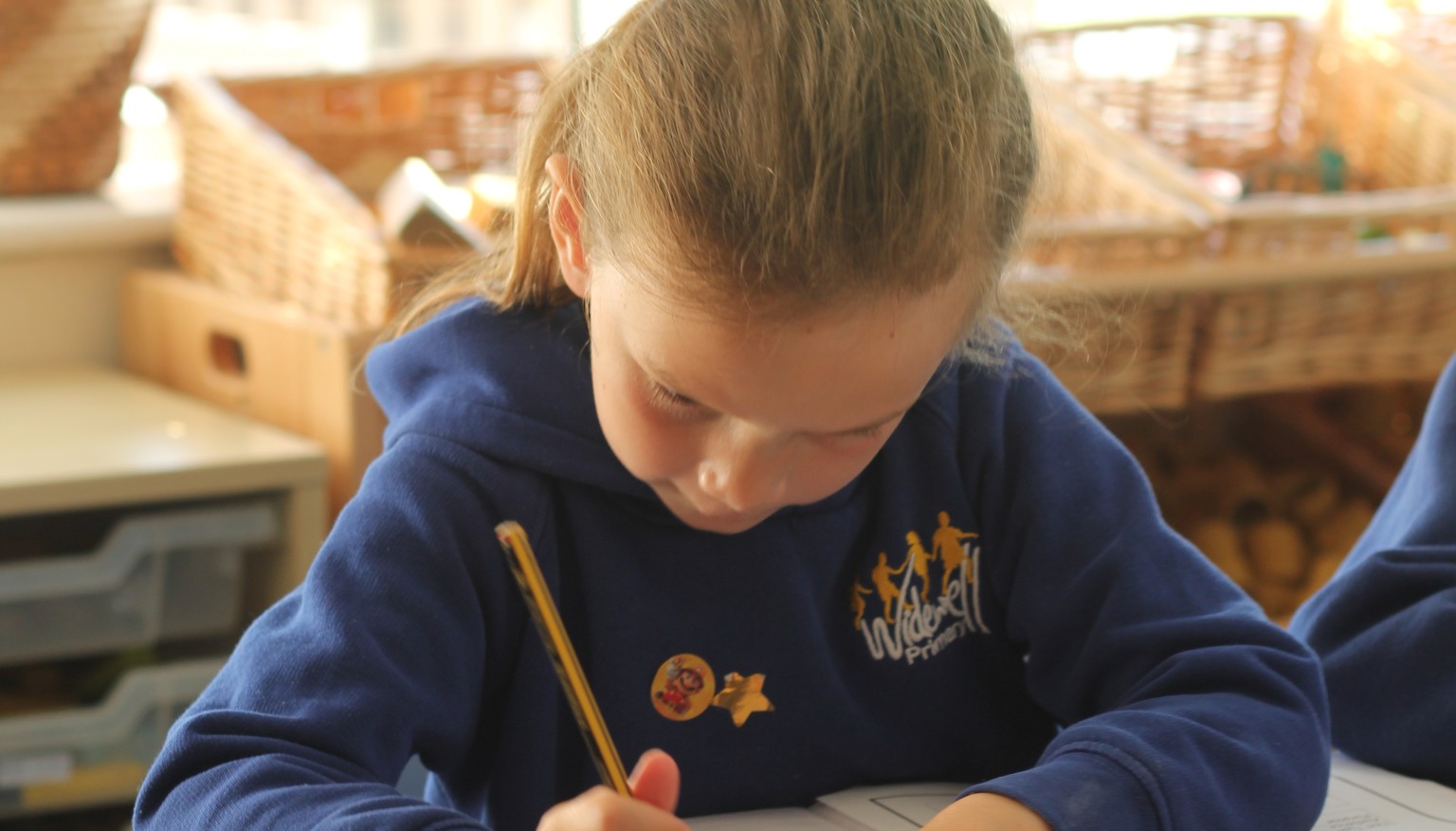
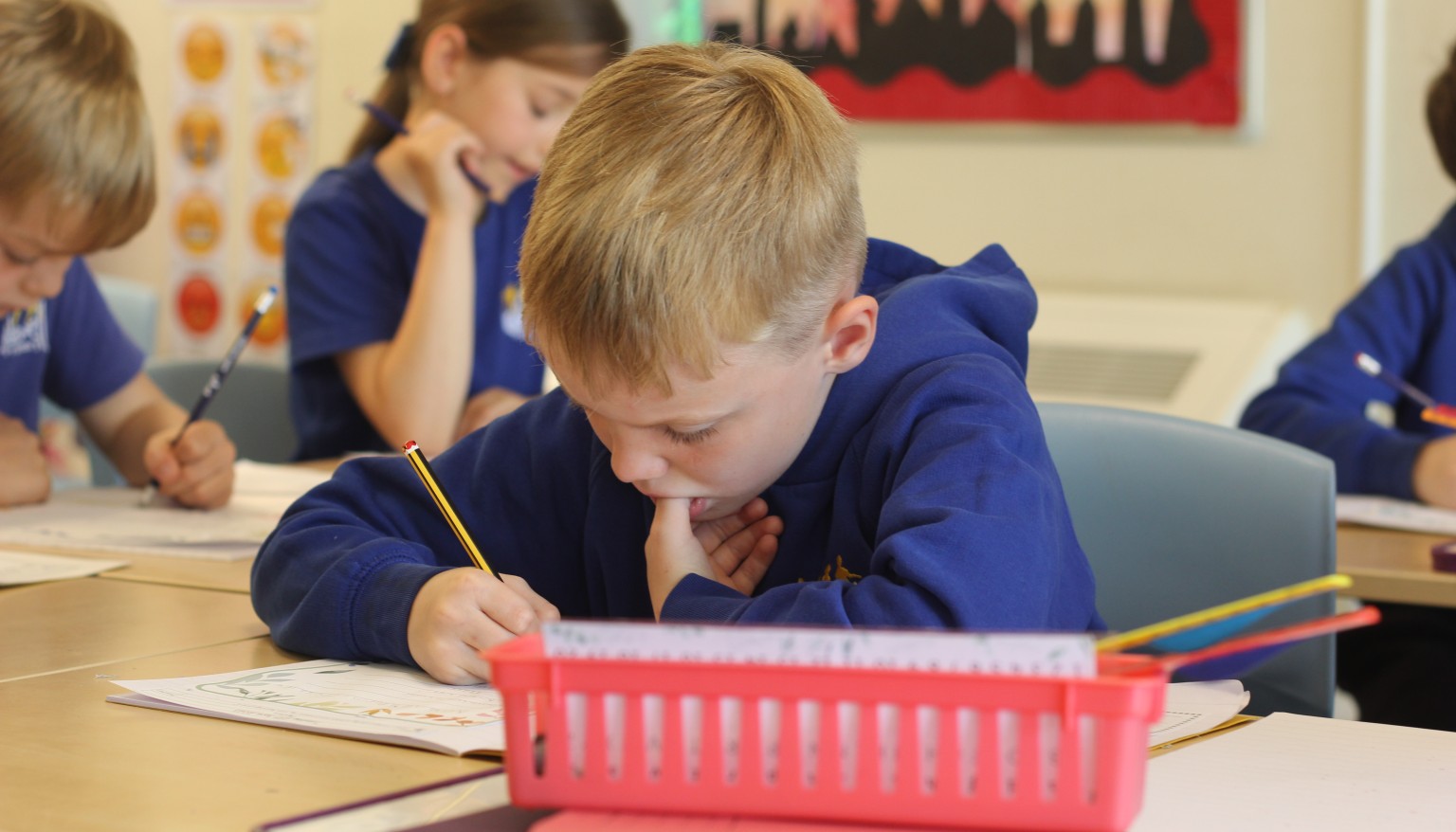
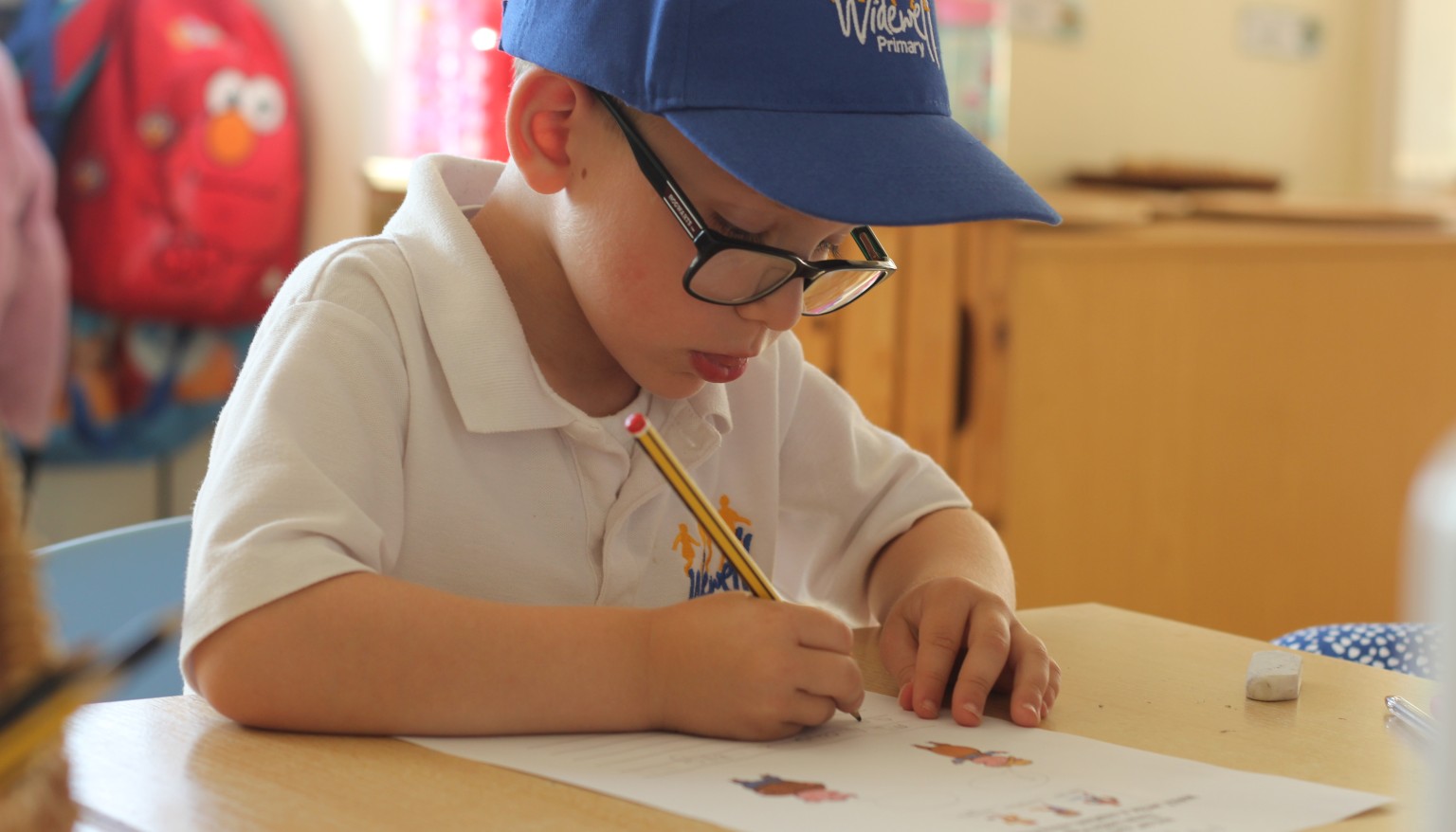
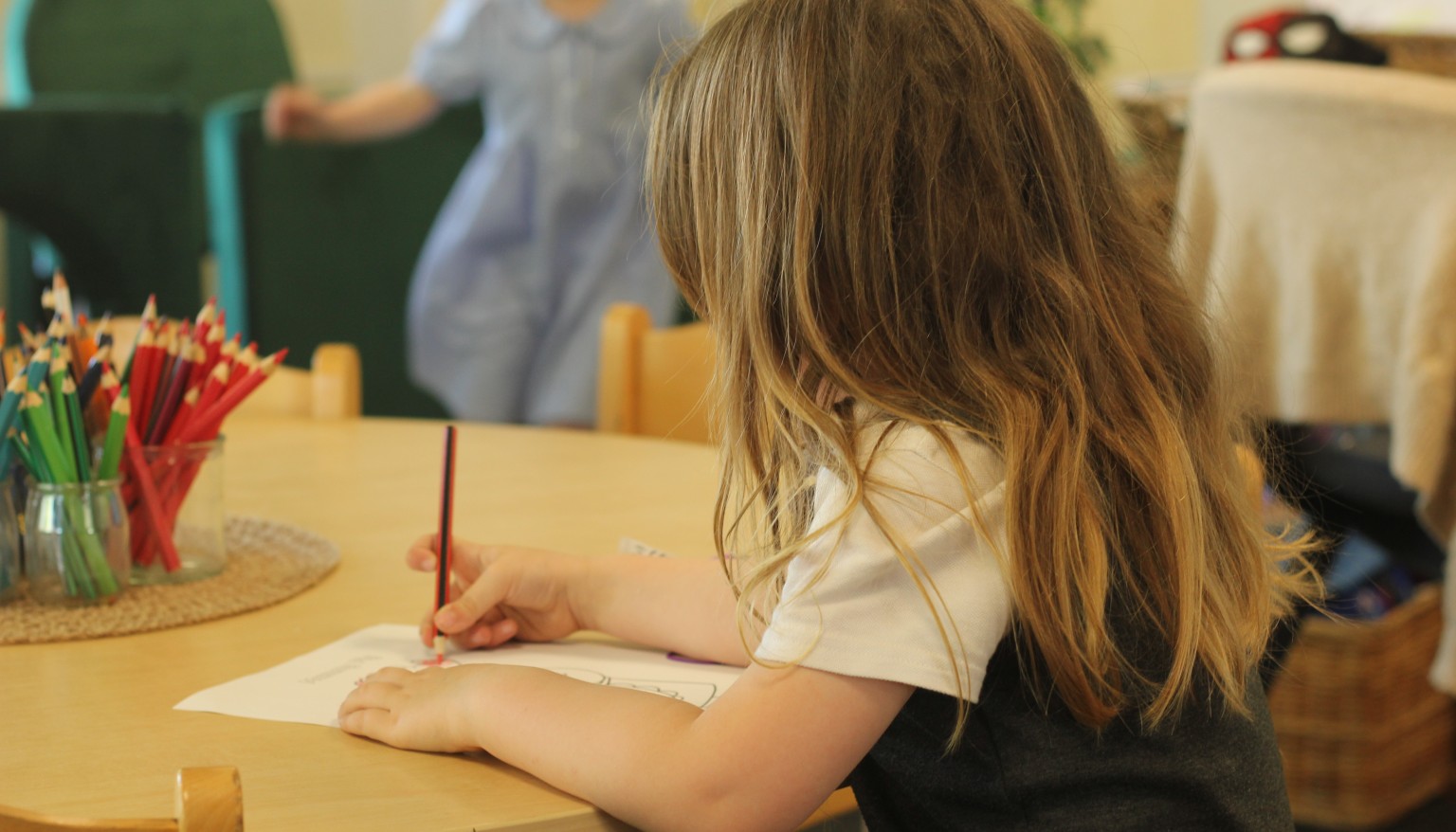
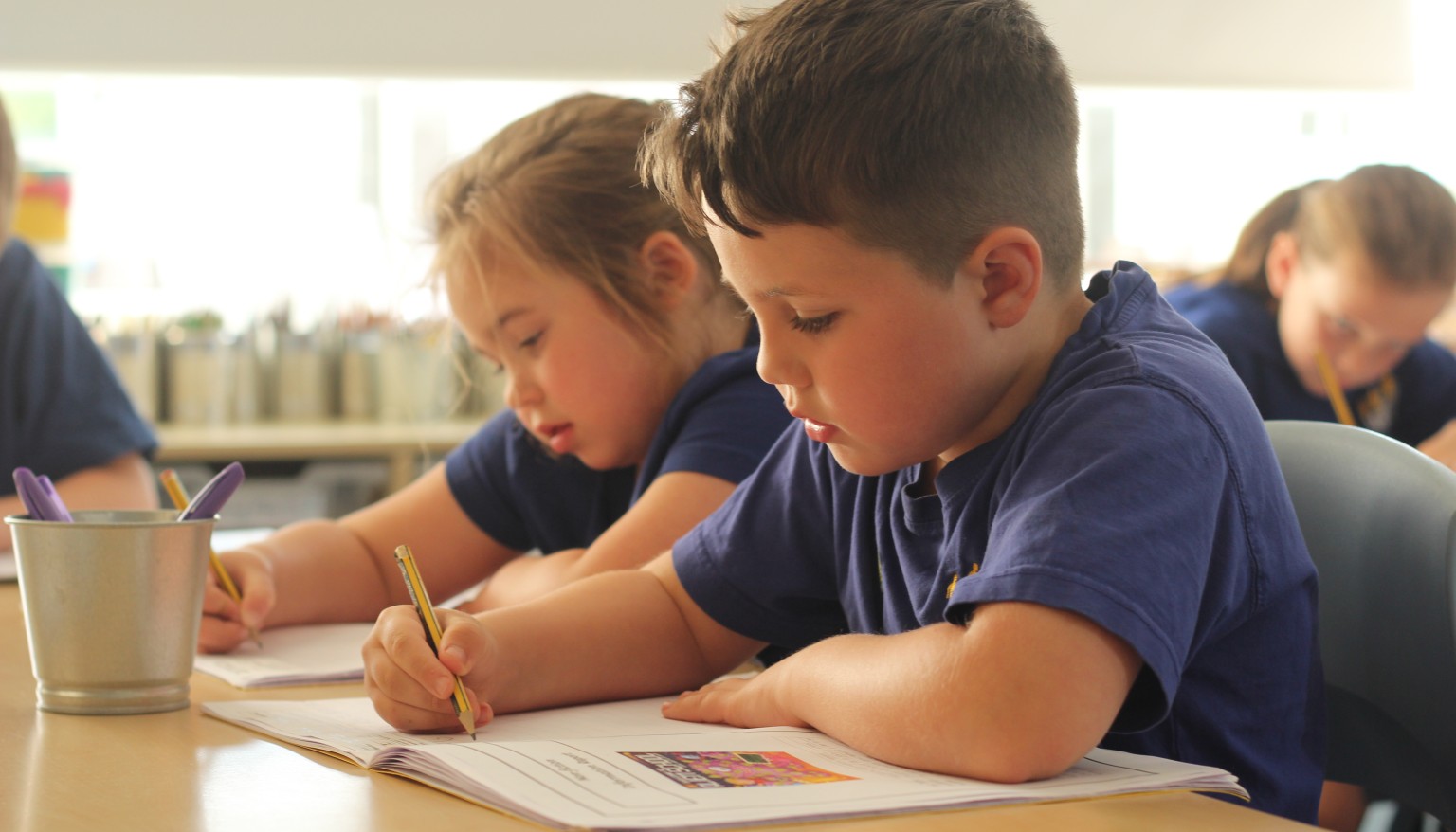
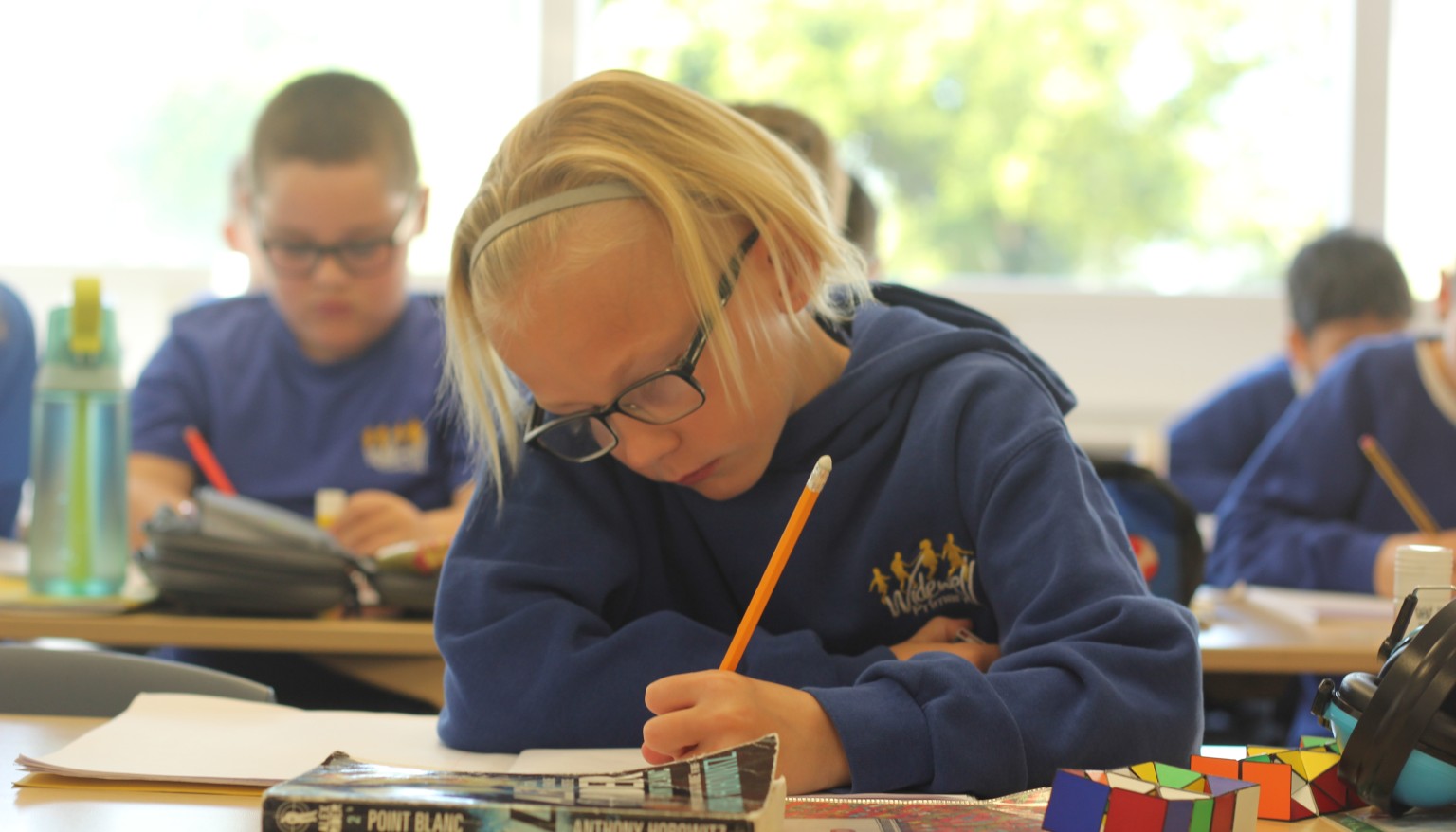
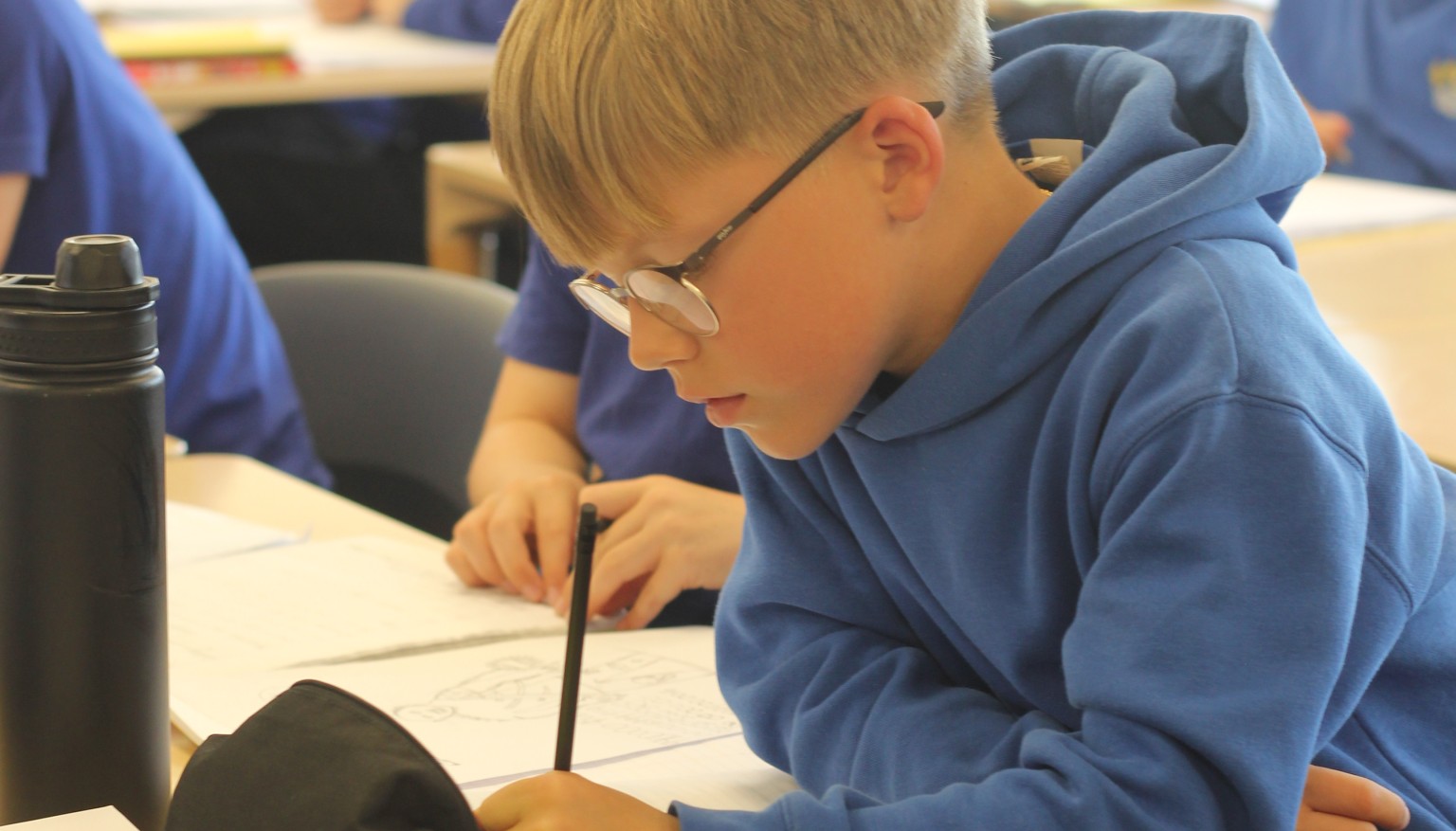
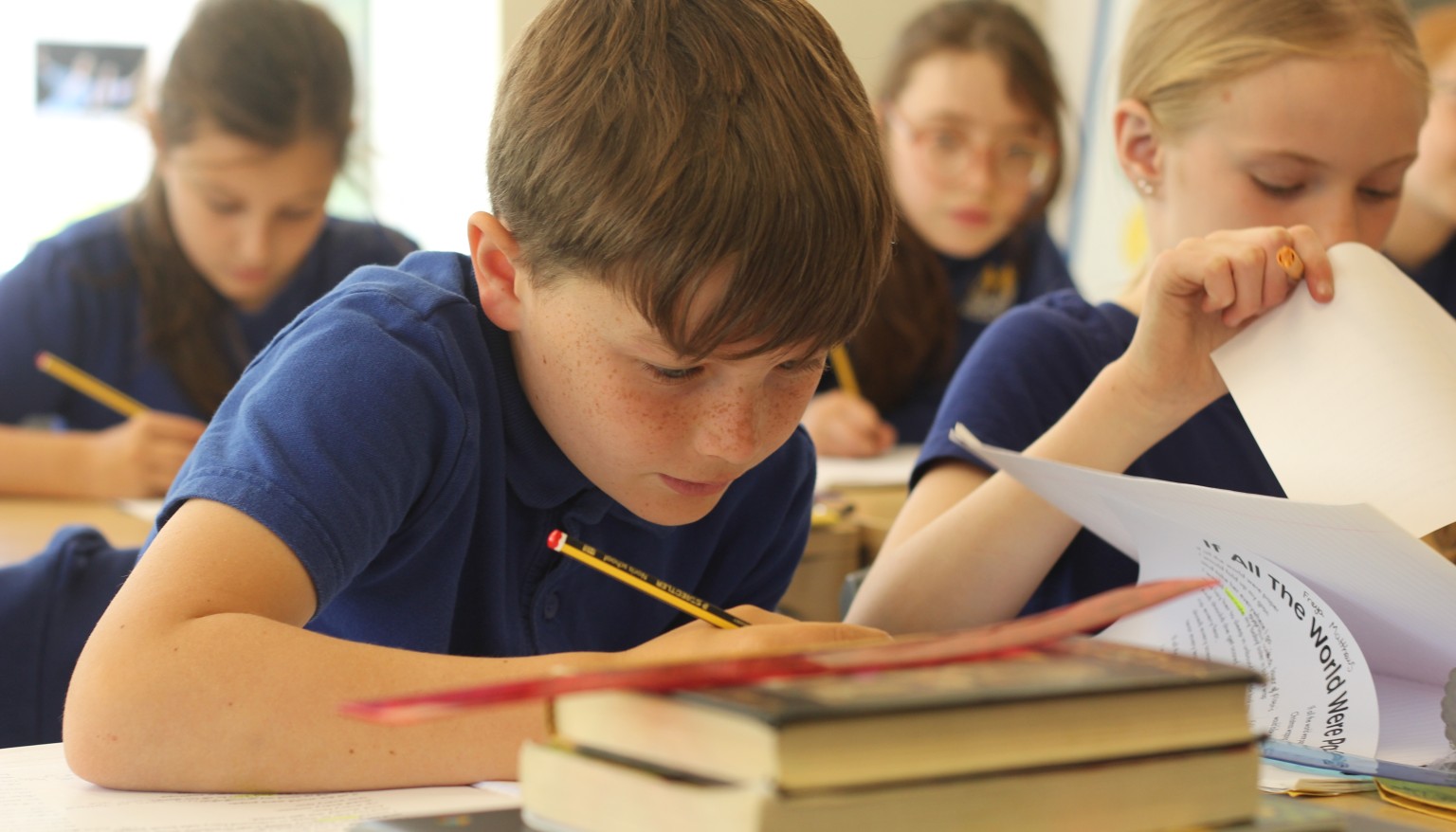
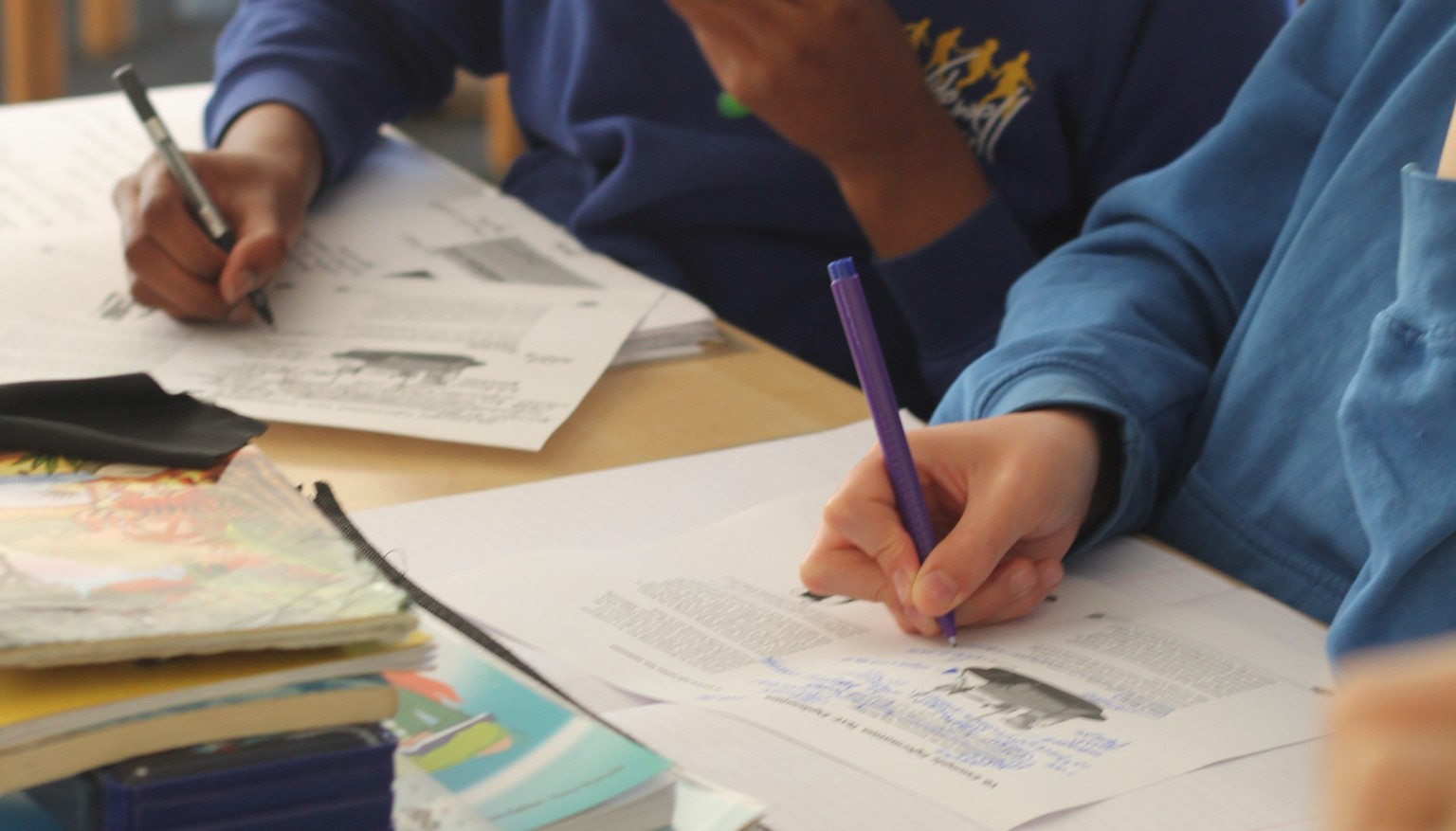
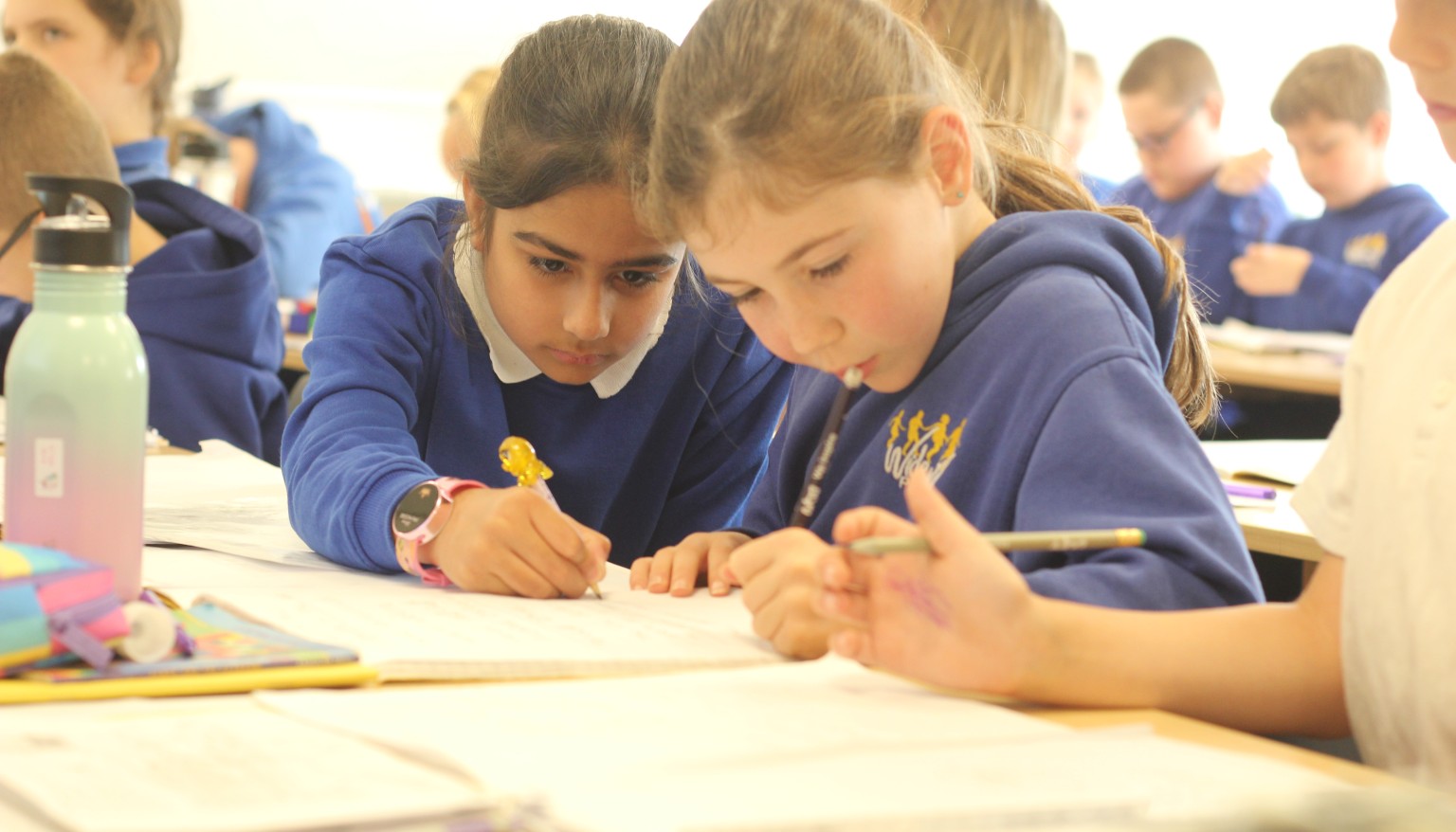
Writing at Widewell
Intent
Our writing curriculum is designed to be ambitious, engaging, and inspiring—equipping children with the tools they need to become confident communicators and capable, creative writers. We believe that writing is a powerful form of expression and a vital life skill, and we are committed to ensuring every child can write competently and with purpose across a range of genres, audiences, and contexts.
From their earliest mark-making to crafting polished pieces, we support children to develop accuracy, fluency, and independence in their writing. Through carefully structured teaching, meaningful contexts, and high-quality models, our pupils learn the essential grammar, vocabulary, and composition skills that underpin great writing.
Beyond technical proficiency, we nurture children’s ability to express their thoughts, ideas, and emotions—empowering them to find their voice and unlocking their imagination. We provide regular opportunities for writing that spark creativity, encourage individuality, and foster a genuine enjoyment of the writing process.
By writing for pleasure as well as purpose, our pupils build confidence, resilience, and a sense of ownership over their work. We aim to create a community of young authors who are proud of their writing and motivated to communicate effectively, now and in the future.
Ultimately, our intent is to develop skilled, inspired writers who are ready to succeed across the curriculum and beyond—able to connect with others through words and express themselves with clarity, creativity, and conviction.
The aims of teaching writing, as outlined in the National Curriculum, are to ensure that all pupils:
• acquire a wide vocabulary, an understanding of grammar and knowledge of linguistic conventions for writing
• write clearly, accurately and coherently, adapting their language and style in and for a range of contexts, purposes and audiences
Implementation
At Widewell, we believe that all children can be successful in writing. In order to achieve this, our expectation is that through quality first teaching, all our children will successfully access the learning. Pupils use their oracy skills to help them throughout a unit of writing. Pupils will discuss high quality models, orally rehearse sentences, discuss vocabulary and edit and improve their learning following discussion with their teachers and/or their peers.
We expect the vast majority of pupils to move through the programmes of study at broadly the same pace. However, for children who lack fluency in writing or have a particular weakness that hinders their progress, we provide opportunities to consolidate their understanding through additional scaffolding (this could be through adult support or adapted work). At Widewell, we start by identifying the language features and grammatical constructions that are needed for a particular genre. Pupils are provided with WAGOLLS (What a good one looks like) so that they are exposed to high quality models and can begin to understand what the outcome of a unit of learning will look like. We explicitly teach grammar as part of the writing process, which leads into shared writing, whereby pupils are shown how to apply what they have learnt through creating their own piece of writing. Every writing unit culminates in an independent piece of writing, which is used to celebrate success and identify next steps in learning. Objectives are detailed in a medium-term plan to ensure that pupils are taught what they need to know to be successful in a progressive, logical way. Across a writing unit at Widewell, there are 4 clear stages: Immersion, Innovation – Planning Stage, Innovation – Shared Writing and Innovation – Independent Writing.
In EYFS, pupils are provided with a wealth of resources to develop their writing skills. Emergent writers can use various writing resources (chalk, paint, pens, pencils, water, and brushes) to practise making meaningful marks. Pupils can access these materials during independent learning times and use this to extend their play and ultimately their learning. This is enhanced through the delivery of RWI Phonics sessions, in which pupils learn individual letter formation and how to hold and build sentences. Fine motor control activities are also provided in EYFS to ensure that pupils are ready for writing.
In the Autumn Term of Year 1, pupils are predominantly taught writing through structured activities that enable children to write accurately and coherently, these activities include how to hold a sentence, build a sentence of their own, and how to edit sentences using their writing toolkits. Children also have lots of time to develop and share ideas through partner work, thinking out loud and orally rehearsing their sentences.
Children are given opportunities to re-read their writing to check it makes sense and that it has the core components of a successful sentence/ piece of writing, i.e., capital letters, finger spaces, and full stops. The programme ensures that the core writing skills for Year 1, as outlined in the National Curriculum, are explicitly taught in a consistent, clear, and highly structured way, which supports the children in their early writing journey to write with confidence, accuracy, and coherency.
As pupils progress through Year 1, pupils move away from learning how to write by completing the RWI writing element, to completing writing units as detailed in the LAT English Genre Matrix. The matrix recognises the importance of learning how to write fiction, non-fiction and poetry. As pupils progress through their time at Widewell, they will repeat genres which will allow for spaced learning and provide pupils with the opportunity to refine previously learnt skills and show an improved level of sophistication with their writing. Across a term, teachers will plan to deliver a minimum of one fiction unit, one non-fiction unit and one poetry unit.
At Widewell, we know that for children to be successful at spelling, a clear structure that consolidates and extends is needed. The Spelling Shed spelling programme is used in Years 2 to 6. This programme will ensure that pupils are taught all the required objectives from the National Curriculum. The Spelling Shed programme is taught in addition to writing lessons. Content from these lessons will then be applied in their writing lessons. In writing lessons, pupils are supported in addressing misspelling in a way that is appropriate to their age or stage. This progressive process of correcting spelling at Widewell aims to develop pupils’ independence.
At Widewell, we aim for pupils to be fluent, neat writers. In order for pupils to focus on the content of what they write, over time, pupils are taught how to write legibly and fluently so that the outcomes of their writing can be the focus. In EYFS and Year 1, pupils are taught how to form individual letter shapes as part of their RWI phonics lessons. Pupils are taught rhymes that support them in forming letters correctly. Year 1 to 4 also have separate handwriting lessons. In Year 2, pupils are taught how to join correctly to ensure that writing is neatly presented and easy to read.
Impact
Teachers will use a range of formative and summative assessment in writing to assess the children’s understanding and what they need to do next. The design and delivery, along with assessment of pupils’ learning ensures that pupils will always know more, understand more and therefore do more. During the lesson, through live marking, questioning and tasks, teachers will check that the children have understood the focus of the learning. The teachers and teaching assistants will assess the pupils’ achievements against the learning objective. Feedback will be provided to support pupils in making progress. In EYFS, feedback is given at the point of learning. In KS1, pupils will have good examples shared to the whole class and then address misconceptions through either discussion with their class teacher or by answering next steps. From Year 2 onwards, Whole Class Feedback will be provided regularly. This celebrates successful learning but importantly supports pupils in addressing any errors or misconceptions. Pupils across the school are given time to respond to any feedback they have been given.
At the end of each writing unit, pupils complete an independent piece of writing which is marked against the LAT English Writing Assessment Tool which is linked to year group National Curriculum expectations. Teachers use this tool to inform future planning and provide next steps to pupils. Across-year group and across-school moderation aims to ensure accuracy and consistency in teacher assessments and take place termly. Children are able to show that their writing knowledge and skills are developing as they apply them to a wide range of genres in a confident and successful way regardless of their starting point. This sense of achievement ensures a love of writing.
